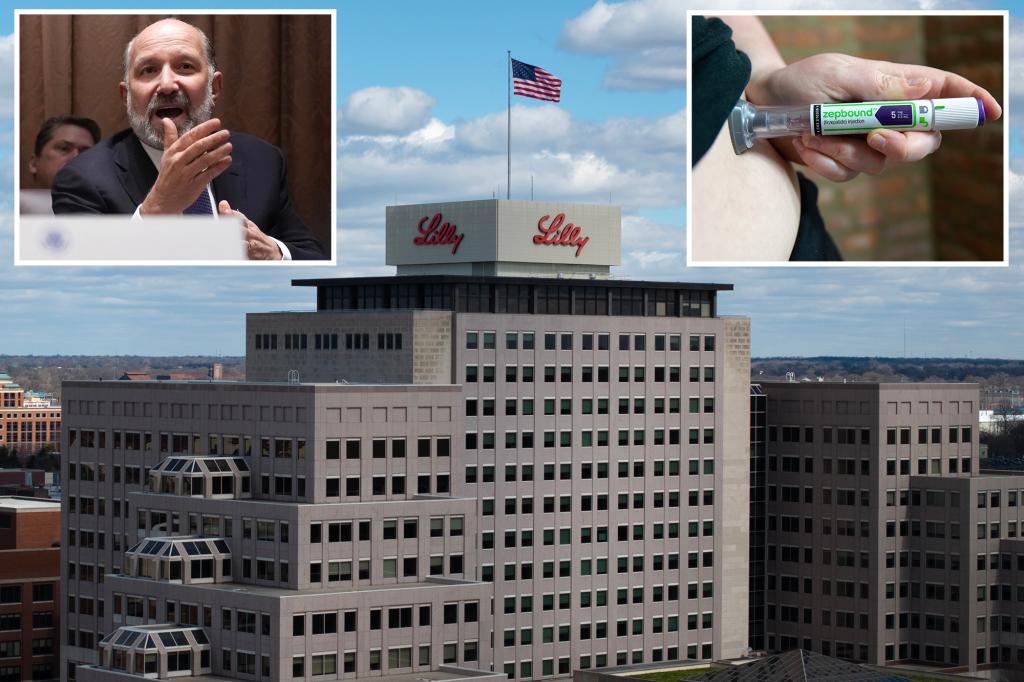Eli Lilly announced on Wednesday its plan to invest $27 billion in constructing four new manufacturing plants in the United States. This decision comes amid concerns over potential drug import tariffs from the Trump administration. The Indianapolis-based pharmaceutical company revealed that three of the facilities will focus on producing active pharmaceutical ingredients, while the fourth will specialize in sterile injectable medicines, including its popular weight-loss drug, Mounjaro.
The investment is expected to create 3,000 high-skilled jobs and approximately 10,000 construction jobs. Eli Lilly stated that the locations of the new sites will be disclosed later this year and are anticipated to become operational within five years.
This announcement follows Apple’s recent commitment to invest $500 billion in the US over the next four years, aligning with President Donald Trump’s push to revitalize American manufacturing. Pharmaceutical companies, including Eli Lilly, are positioning themselves to support the administration’s policies, such as extending corporate tax cuts from Trump’s first term.
“We hadn’t built a new site in the US in more than 40 years until the first set of Trump tax cuts, so we need to see those either extended or improved to support this,” said Eli Lilly CEO David Ricks during a press conference in Washington, DC. He was joined by key administration figures, including Secretary of Commerce Howard Lutnick and Kevin Hassett, Director of the National Economic Council, along with Indiana Sen. Todd Young.
“We need steel mills, we need precursor medicines. These are the fundamental underpinnings of America that we need to reshore,” Lutnick stated.
Eli Lilly’s shares rose by around 0.5% in midday trading on Wednesday, reaching $906.70 per share. The company’s stock has surged more than 16% since the start of the year.
Although many pharmaceuticals are produced domestically, a significant portion of the industry’s supply chain depends on overseas production. Analysts at Morgan Stanley highlight that Ireland and Switzerland are crucial in drug manufacturing, while active pharmaceutical ingredients are often sourced from China. Additionally, Indian firms produce a large share of lower-cost generic medications.
Trump has previously threatened to impose tariffs on pharmaceutical imports, raising concerns among industry representatives. However, analysts suggest that such tariffs would likely have minimal financial impact on drug manufacturers due to the high profit margins of many medications.
Eli Lilly is currently in negotiations with multiple states regarding the placement of its new manufacturing facilities and remains open to additional proposals through mid-March. This commitment follows a $23 billion investment in its US operations between 2020 and 2024, which included developing new sites in Wisconsin and North Carolina and expanding facilities in Indiana.
— news from New York Post
